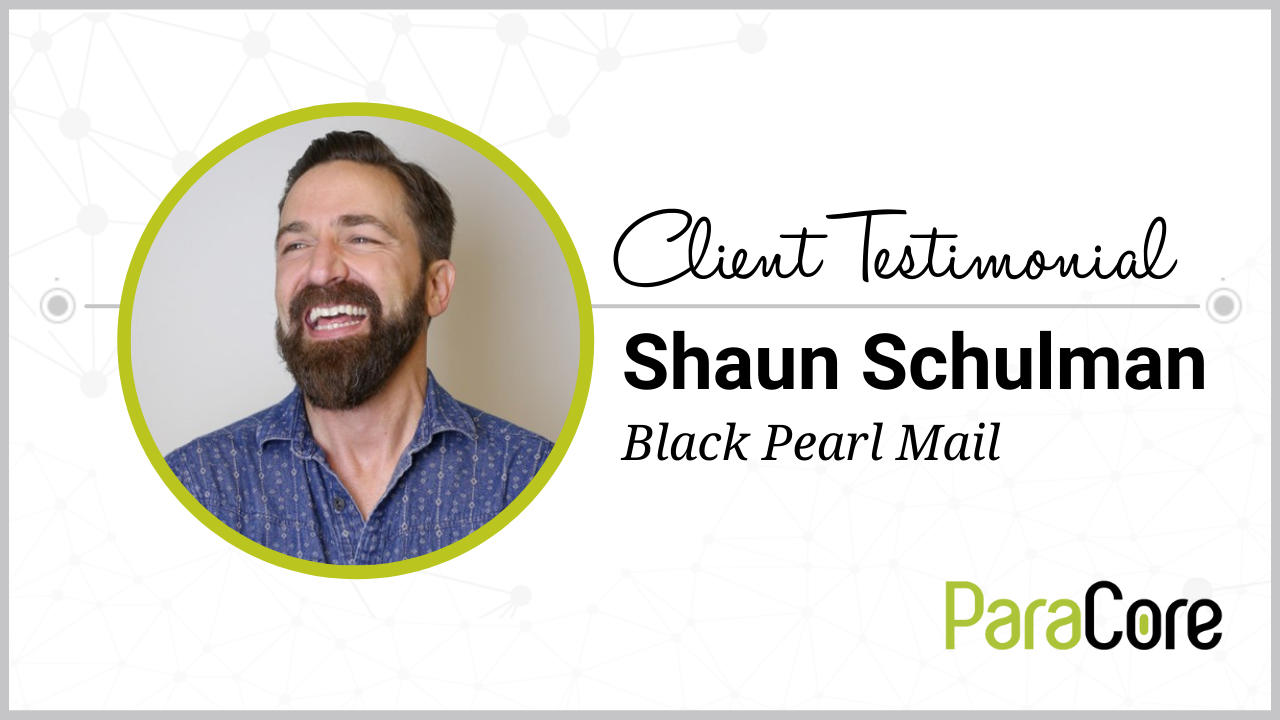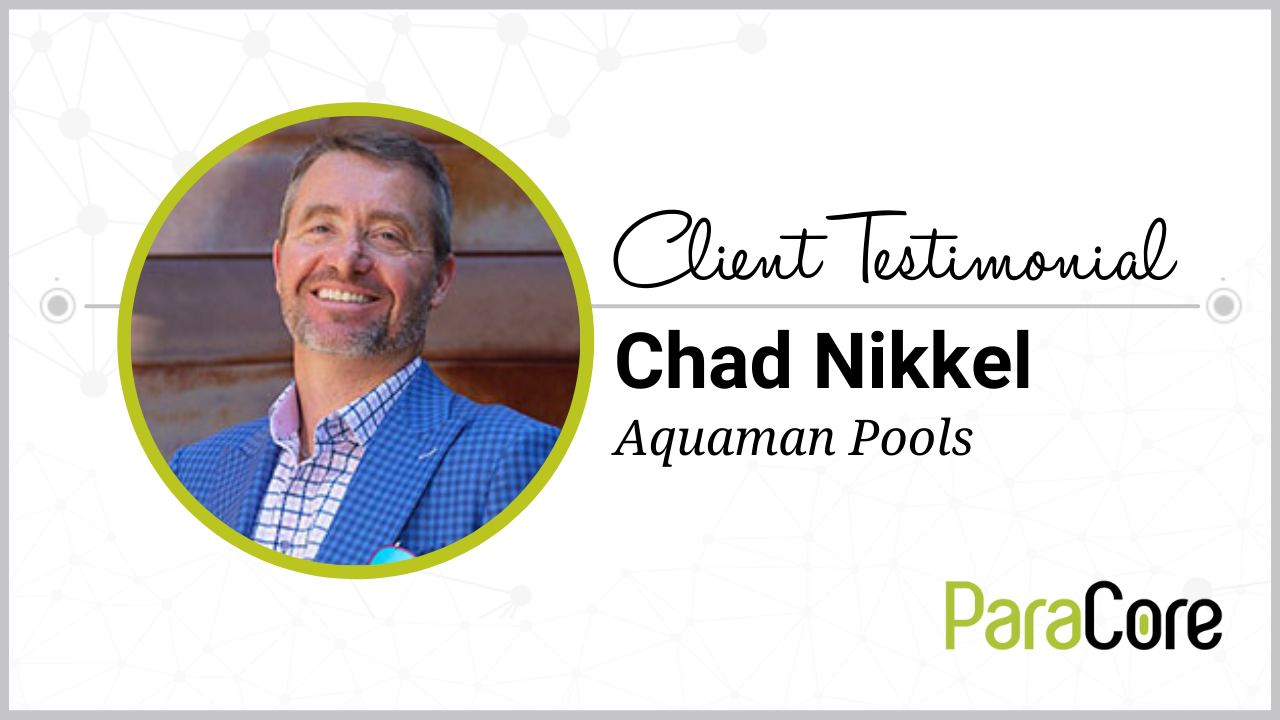Want In-Depth PPC Training?
Visit the ParaCore AcademyHow Do We Do It? Our Process When Taking Over a Google Ads Account
If you have an existing Google Ads account and you’re considering a transition to another agency, there’s probably a lot of anxiety around that decision.
After all, your business probably relies on the performance of that account.
But there’s some reason that you’re considering transitioning. Maybe you may think that your account isn’t being optimized, or you might be paying too much.
There are a ton of different reasons that you might want to change. But it’s a big transition to your marketing.
That’s why we’re sharing how ParaCore approaches a Google Ads account when we are brought on board!
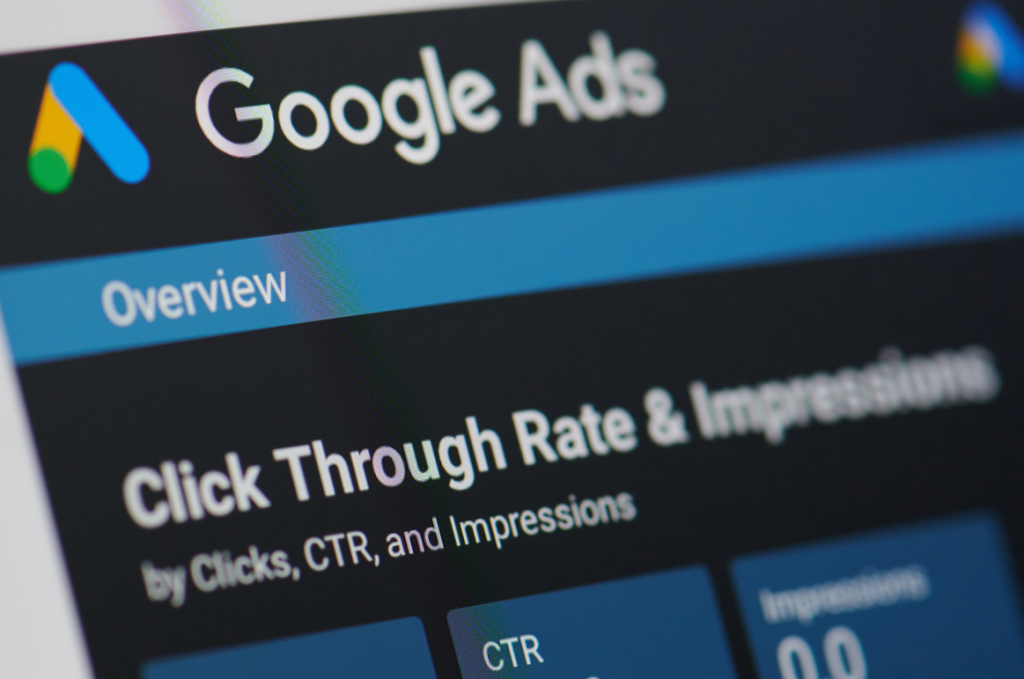
Quick Note: At ParaCore, we don’t go into a new client relationship declaring ‘we’re going to tear everything down and rebuilt it the right way!’ That’s just not a practical or prudent way to approach campaigns.
We take over Google Ads management instead of starting over because, for us, the most important thing is not making a big production of how we’re ‘shaking things up’ but focusing on improving the performance of your account.
And now, here’s our four-step approach to Google Ads accounts:

#1: We look at your conversion tracking.
Conversion tracking is the foundation for all decisions to be made going forward.
If your account is not tracking conversions correctly, or they’re not feeding into the account, then we have no idea what to change or what not to change because we don’t know how anything is performing.
When I look at a new campaign, I always go to conversions first and ask: what are they tracking? Is it accurate? Is it a smart goal from Google Analytics? Is it a phone call?
Do they have phone call tracking hooked up? Do they have form submissions? What are all the different conversion tracking parameters going on?
If conversion tracking is not set up correctly, I can only give rough estimates on how much I can improve that campaign, because I don’t know with 100% certainty what’s performing.
And that’s a rough place to be for the client, and for us!
So, the very first thing that we do in any account is to make sure the conversions are updated correctly and that they’re tracking correctly and feeding into the account.
Once that’s done, and data starts accumulating, we can start to see patterns.
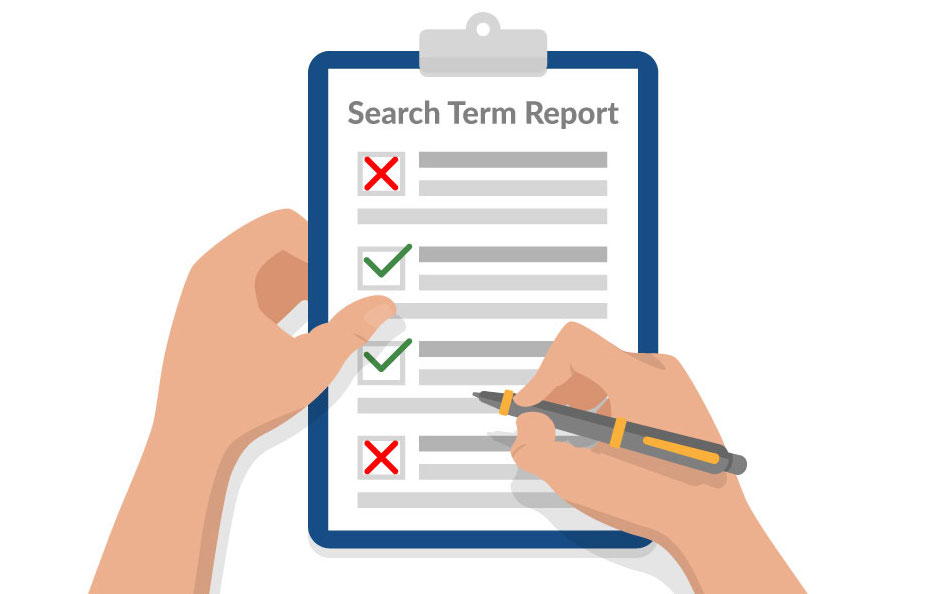
#2: We look at the search terms and add negatives to your account.
For example, MAC Foundation is a product we took over that has search terms associated with both make-up and construction.
Obviously, you don’t want the make-up association to be triggering clicks when you’re a construction company.
So, we added to our negative keyword list so that the client isn’t paying for those types of clicks anymore.
It’s called ‘cleaning the traffic’ where you’re no longer getting search terms that are relevant to your business.
As you clean the traffic, you improve the campaign. The budget will be applied to more relevant searches, and you’ll be getting more conversions.
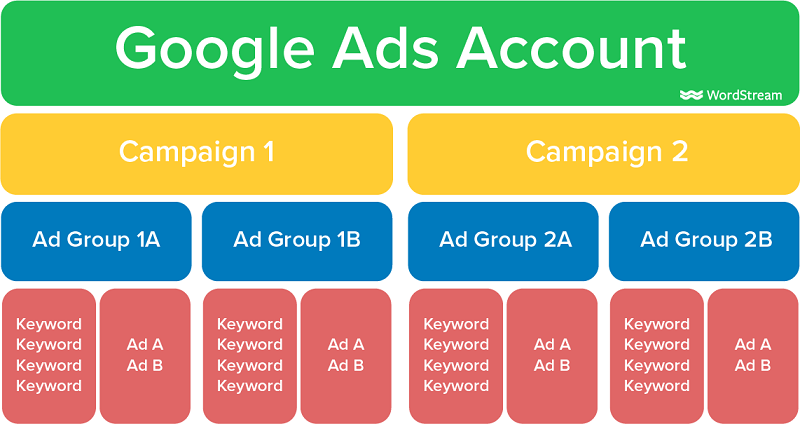
#3: We look at the performance of individual keywords, ad groups, or products.
After the first two steps unfold over the course of a few weeks, we start looking at the performance of individual keywords, ad groups, or products.
Then, we adjust based on the actual performance of the date when the conversion tracking started.
Negatives are a time-based thing. At ParaCore, we typically go back and audit a few months prior to our onboarding, so we can see the keywords’ performance as they start to materialize.
Some keywords will rise to the top as far as performance, and some will underperform.
So, we start killing/pausing underperforming keywords ad groups, products, geographic locations, the works, in your account.
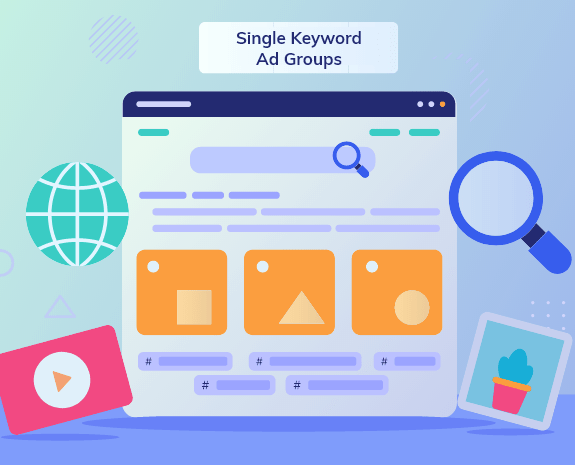
#4: We structure the account into a single keyword ad group.
A single keyword ad group is taking one keyword, creating a group, and doing three variations of that keyword: an exact match, a modified broad, and a phrase match.
Why not a broad match? The broad match can match a lot of different things and typically it doesn’t perform all that well.
So, a single keyword ad group is not necessarily just one keyword, but it’s one search term/keyword with all the different match types involved. What that allows us to do is write very specific ads!
Here’s an example: our client is a pool company. In their single keyword ad group, we have pool construction ads, we have pool servicing ads, and we have remodeling ads.
By putting all three in a different ad group, the ads can speak very specifically to that keyword.
When we do that, we’re able to align the consumer’s intent closely with what we’re trying to sell.
Your business might have multiple different products.
But people are searching for different things at different times, and you want to align their search terms with the ad so that it’s a consistent journey for your customer.
Oftentimes, we will take campaigns with many ad groups and keywords and extract them into single keyword ad group campaigns slowly, all while tracking conversions.
That’s the fundamental piece that we’re always paying attention to.
If anything goes sideways, we can just revert those changes!

So, if you are considering transitioning your Google Ads account to another agency to manage, whether it’s to ParaCore or someone else, make sure to ask them what their strategy is for that transition.
And if it doesn’t start with conversion tracking, I’d be very skeptical!
Have more questions? Reach out to us!
Related Posts
- A Business Guide to Google Ads Auto-Tagging: Tracking Made Easy!
- How to Use AdWords Negative Keyword Lists
- AdWords Demographics – Education, Children, Marriage, & Homeownership
- Google Ads Promotion Extension
- 🎁🎄 Holiday Ad Spend Strategy
- Is Facebook Ads or Google AdWords Right for You?
- AdWords: Is 3rd Position Better Than 1st?
- What are Single Keyword Ad Groups? (SKAGs)
- Optimizing AdWords Shopping Campaigns
- AdWords RLSA Tactic
- Google AdWords Notes are Here!
- AdWords Script for Negative Keyword List Conflicts
- Ensure Your AdWords Search Traffic is CLEAN
- Hitting Budget in AdWords? Try These Optimization Tips
- Capitalize on Local Service Ads that are 80% Cheaper than AdWords Leads
- Spot Underperforming Products in AdWords PLA Products
- How to Calculate Your PPC ROI
- How to Diagnose a Google Ads Campaign Not Hitting Budget
- 5 Ways to Social Proof Your PPC Campaign
- Do These 6 Things to Ensure Your PPC Campaign is Set Up Correctly
- Demographic Targeting in AdWords Search Ads
Want In-Depth PPC Training?
Visit the ParaCore AcademyPrevious Video
Previous VideoOptimizing AdWords Shopping CampaignsNext Video
Geographic Exclusivity at ParaCoreNext Video
